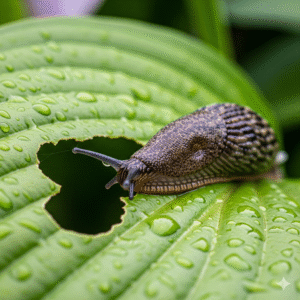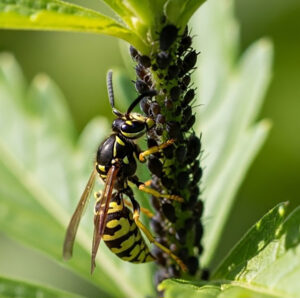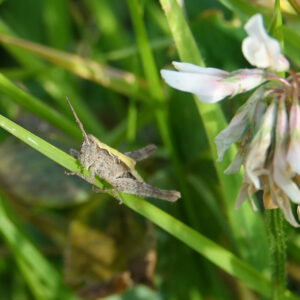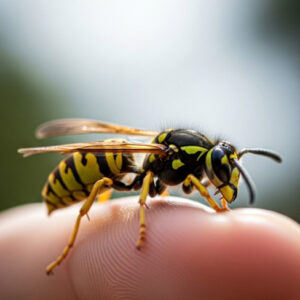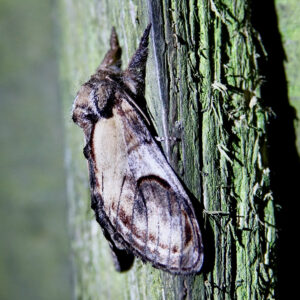The Unsung Heroes: Why We Should Be Alarmed by the Disappearing Wasp
Our Gardens Matter June 19, 2025For many, the wasp is synonymous with stings and ruined picnics. These sleek, black-and-yellow insects are often seen as pests, tempting us to swat them away. However, wasps are unsung heroes of the insect world, playing a crucial role in our ecosystems. What’s more, recent observations point to a concerning decline in their numbers – a trend that should alarm us all.
Nature’s Master Pest Controllers
In spring and early summer, wasp colonies are in their growth phase, and the wasps are relentless predators. They hunt for protein to feed their young, preying on a vast array of insects we consider pests, such as caterpillars, flies, beetle larvae, and aphids. This natural pest control significantly reduces the need for chemical pesticides, making them an invaluable asset.
The Scavengers Extraordinaire
As summer progresses, adult wasps shift their diet to carbohydrates for energy. This is why they are often seen around human activities and attracted to sugary foods. While this can be a nuisance, their scavenging is another ecological service. They help break down organic matter, clean up decaying materials, and contribute to nutrient cycling.
More Than Meets the Eye: Face Recognition in Wasps
Remarkably, wasps possess the ability to recognise individual faces. Studies show they can distinguish between different human faces and even remember them. This level of cognitive ability once thought exclusive to higher mammals, highlights their surprising behavioral complexity.
Their Indispensable Contribution to the Ecosystem
As both predators and scavengers, wasps are vital to a healthy ecosystem. They maintain biodiversity by regulating other insect populations and are a key part of the food web. Without them, we would likely see an increase in pest outbreaks and a less resilient environment.
The Alarming Silence: Where Have All the Wasps Gone?
There’s been a noticeable absence of wasps over the past year and into the current one. Pest control companies have reported a significant drop in wasp nest callouts. This decline is largely attributed to the unseasonably wet and cold weather of 2024, which they seem to be struggling to recover from. Prolonged damp conditions and chilly temperatures severely impact the early stages of the wasp’s lifecycle, destroying nascent nests and reducing the survival rates of overwintering queens.
This absence is a symptom of a larger, worrying trend. Surveys consistently show a dramatic decline in flying insect populations. Factors like habitat loss, pesticide use, and climate change with its extreme weather patterns are all contributing to this silent crisis.
The temporary relief from stings comes at a high ecological cost. As experts note, wasps are apex predators, and their struggle indicates a broader environmental problem. Fewer wasps mean weakened natural pest control and disruptions to the food web, impacting other wildlife.
It’s Time to Change Our Perspective
Instead of seeing wasps as pests, we need to recognise their vital role. Their decline is a clear signal that our ecosystems are under stress. To coexist:
- Be Mindful of Food: Keep food covered and clean up spills outdoors.
- Avoid Provocation: Most stings occur when wasps feel threatened. Remain calm if one is near.
- Considerate Nest Management: If a nest poses a significant risk, seek professional, humane removal.
- Support Insect Conservation: Protect insect habitats, reduce pesticide use, and address climate change.
The decline of the wasp, an unsung hero, is a powerful reminder of nature’s interconnectedness. Let us heed this warning and work towards a future where these vital creatures can thrive, ensuring a healthier ecosystem for all.
